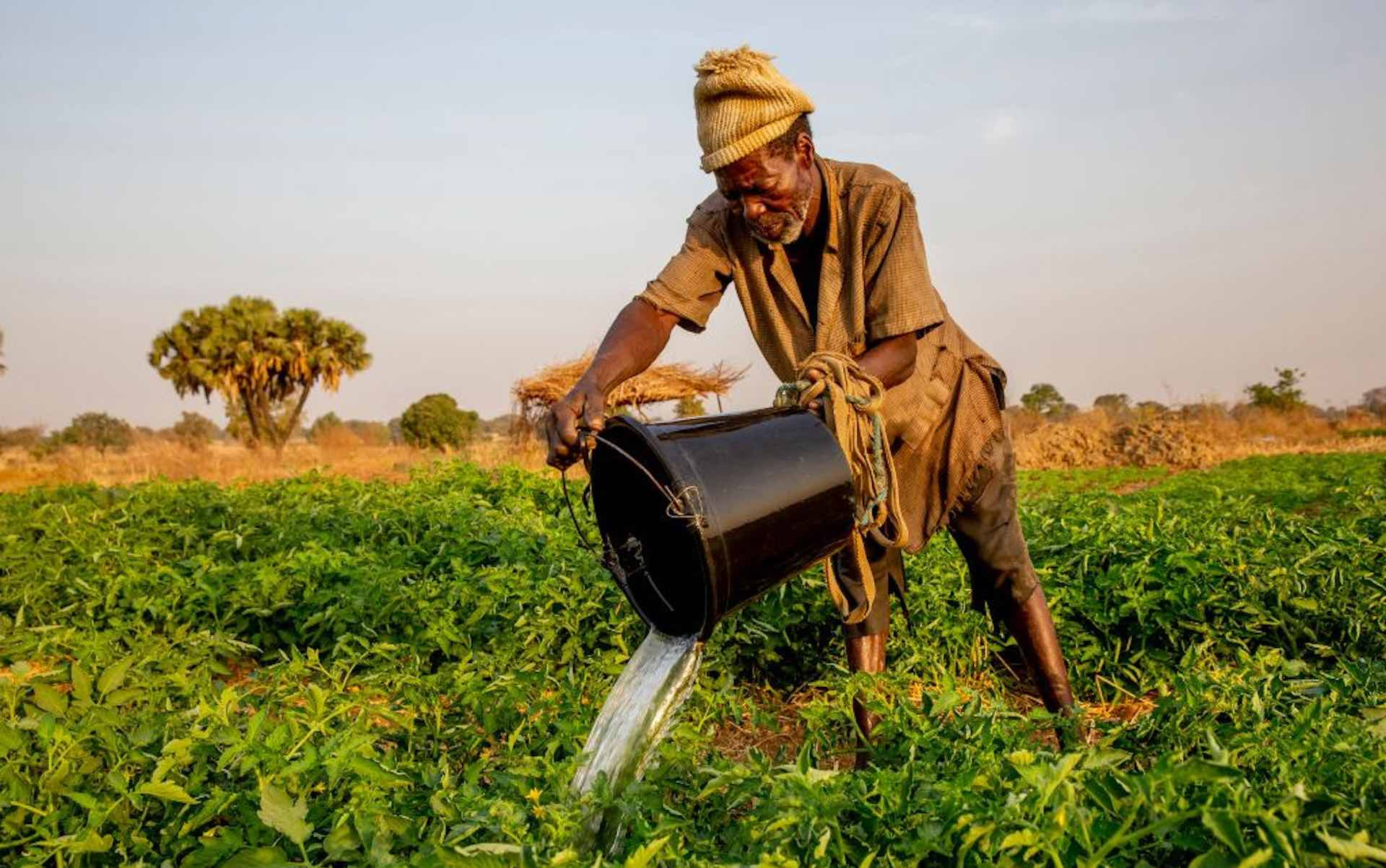Africa is a vast and diverse continent, home to over 50 countries and a population of over 1.3 billion people. Agriculture is a vital sector in many African economies, providing employment, income, and food security for millions of people. However, agricultural productivity in Africa is often hindered by inadequate rainfall, leading to crop failures, reduced yields, and food insecurity. This is where irrigation comes in – a game-changer for African agriculture.
What is Irrigation?
Irrigation is the artificial application of water to land for the purpose of growing crops. It involves the use of various techniques, such as canals, dams, pumps, and sprinkler systems, to supply water to crops at the right time and in the right amount.
The Importance of Irrigation in African Agriculture
Irrigation plays a crucial role in promoting agricultural development in Africa. Here are some of the ways in which irrigation can benefit African agriculture:
1. Increased Crop Yields
Irrigation allows farmers to control the amount of water their crops receive, leading to increased crop yields and improved food security. In Africa, where rainfall is often unpredictable and inadequate, irrigation can make all the difference between a bumper harvest and a failed crop.
2. Improved Food Security
By increasing crop yields and improving the reliability of harvests, irrigation can help to improve food security in Africa. This is especially important in rural areas, where people often rely on subsistence farming to feed their families.
3. Enhanced Livelihoods
Irrigation can also enhance the livelihoods of African farmers by providing them with a reliable source of income. By growing high-value crops, such as fruits and vegetables, farmers can earn a better income and improve their standard of living.
4. Job Creation
Irrigation can also create jobs in rural areas, both directly and indirectly. Farmers may employ laborers to help with irrigation tasks, such as maintaining canals and operating pumps. Additionally, irrigation can support the growth of agribusinesses, such as processing and marketing companies, which can create additional employment opportunities.
5. Climate Change Mitigation
Irrigation can also help African farmers to adapt to climate change. By providing a reliable source of water, irrigation can help farmers to cope with droughts and other extreme weather events. This can help to reduce the vulnerability of African agriculture to climate change.
Challenges Facing Irrigation Development in Africa
Despite the many benefits of irrigation, there are several challenges facing irrigation development in Africa. Some of the key challenges include:
1. Limited Access to Finance
Many African farmers lack access to finance, which can make it difficult for them to invest in irrigation systems.
2. Limited Technical Capacity
African farmers may also lack the technical capacity to design, build, and maintain irrigation systems.
3. Water Scarcity
In some parts of Africa, water scarcity can be a major constraint to irrigation development.
4. Environmental Concerns
Irrigation can have negative environmental impacts, such as waterlogging and salinization, if not managed properly.
5. Institutional Weaknesses
In some African countries, institutional weaknesses, such as inadequate policies and regulations, can hinder irrigation development.
Way Forward
To overcome the challenges facing irrigation development in Africa, several strategies can be employed. Some of the key strategies include:
1. Increasing Access to Finance
Governments and development partners can provide financing mechanisms, such as loans and grants, to support irrigation development.
2. Building Technical Capacity
Training programs can be established to build the technical capacity of African farmers and irrigation professionals.
3. Promoting Water Harvesting and Conservation
Water harvesting and conservation techniques, such as rainwater harvesting and drip irrigation, can be promoted to reduce water waste and improve irrigation efficiency.
4. Strengthening Institutional Frameworks
Governments can strengthen institutional frameworks, such as policies and regulations, to support irrigation development.
5. Encouraging Private Sector Participation
The private sector can be encouraged to participate in irrigation development through public-private partnerships and other mechanisms.
Conclusion
Irrigation has the potential to transform African agriculture by increasing crop yields, improving food security, and enhancing livelihoods. However, irrigation development in Africa faces several challenges, including limited access to finance, limited technical capacity, water scarcity, environmental concerns, and institutional weaknesses. To overcome these challenges, strategies such as increasing access to finance, building technical capacity, promoting water harvesting and conservation, strengthening institutional frameworks, and encouraging private sector participation can be employed. With the right policies and investments, irrigation can play a key role in promoting agricultural development and improving food security in Africa.

